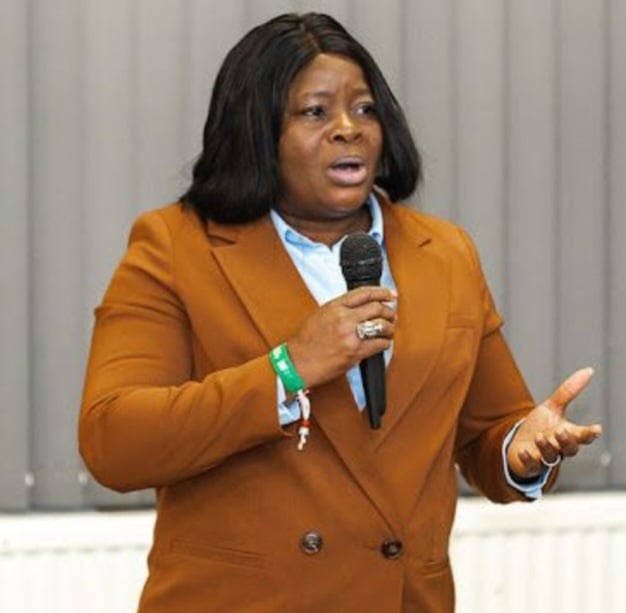In Ghana, a transformative initiative is underway to bolster the economic activities of smallholder farmers, women entrepreneurs, and small and medium enterprises (SMEs), particularly those operated by women. The National Women’s Development Bank, as championed by Madam Cecilia Asaga, a prominent member of the National Democratic Congress (NDC), is set to revolutionize the landscape for women in business. During a recent training workshop, Madam Asaga highlighted the bank’s foundational goal: to provide essential start-up capital and low-interest loans tailored for women-led businesses and market women, tackling the persistent financial challenges that hinder their entrepreneurial efforts.
The proposed Women’s Development Bank is positioned not merely as a source of funding for new ventures but also as a financial lifeline for established women-owned enterprises looking to expand. Asaga pointed out that the bank will be instrumental in realizing the NDC’s vision of a 24-hour economy, a framework designed to enhance productivity and growth across various sectors. She posited that equitable access to financial resources is critical for women to scale their businesses and hire more personnel, thereby contributing to mitigating the high unemployment rates in the country. Her assertion underscores the necessity of a dedicated funding source for women entrepreneurs in driving economic activity in Ghana.
Asaga emphasized that while the bank’s establishment marks considerable progress, it also necessitates addressing systemic barriers that limit women’s access to financial services. Many women entrepreneurs in Ghana encounter significant hurdles, including inadequate collateral, low levels of financial literacy, and societal norms that discourage their economic engagement. The success of the Women’s Development Bank will largely depend on its ability to reach marginalized groups and provide customized financial products that meet their specific needs.
Beyond financial assistance, a significant aspect of the bank’s mission is to enhance women’s financial literacy and business management skills. Madam Asaga stressed the importance of training initiatives in financial management, basic bookkeeping, and other essential skills, ensuring that women can effectively navigate and utilize the resources provided. By equipping women with these competencies, the bank aims to promote sustainable business growth and empower women entrepreneurs to make informed financial decisions.
The objectives of the Women’s Development Bank are clear: fostering women’s entrepreneurship by providing accessible financial support, particularly targeting rural areas and the informal sector where challenges in obtaining capital are pronounced. The initiative aims to advance low-interest loans and necessary start-up capital for women-centric enterprises. This focus on financial inclusivity is designed to dismantle the barriers that women have faced and enhance their ability to contribute to Ghana’s economy.
Addressing critics who have cast doubt on the NDC’s capacity to implement and successfully manage the Women’s Development Bank, Asaga assured stakeholders of the NDC’s commitment to transparency and accountability. She emphasized the importance of corporate governance to ensure that the bank does not become another unfulfilled political promise. Participants in the workshop expressed optimism and enthusiasm for the initiative, viewing the bank as a necessary step toward facilitating women’s economic empowerment and ensuring their vital role in Ghana’s economic development trajectory.














